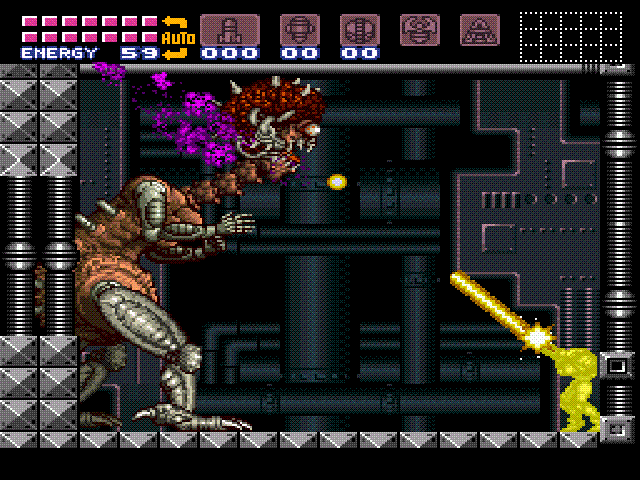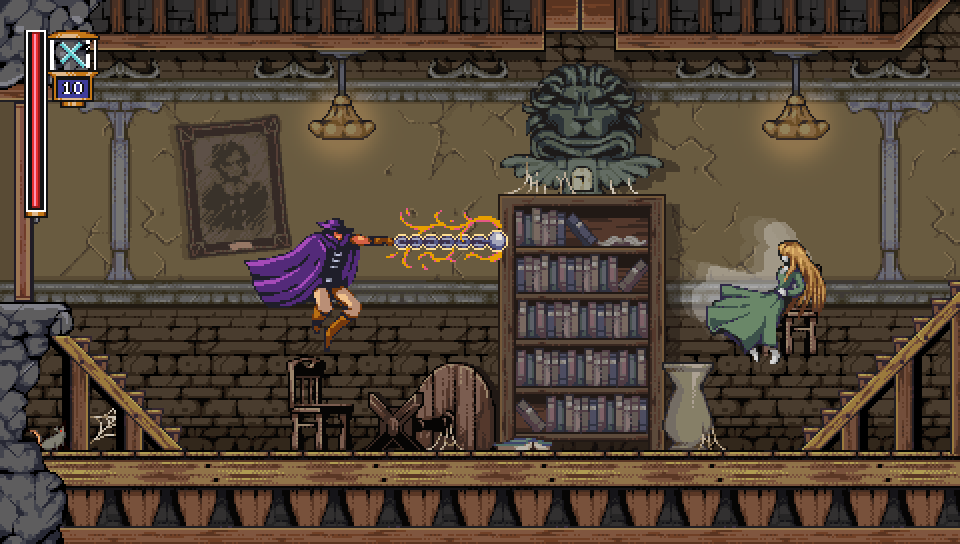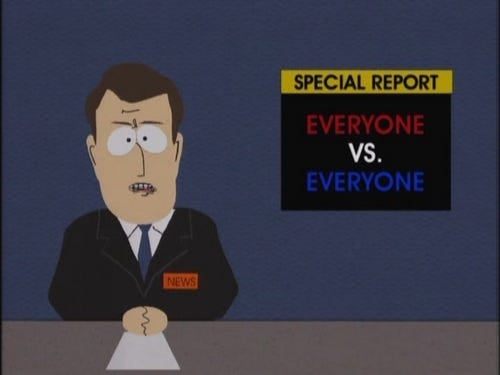Plagiarism in computer games
Any article on game marketing says that in order for a game to become a success, you must begin to engage in public relations even at the development stage: manage social network pages, talk about the game and the creation process in your blog, post game pictures, etc. If everything is done right, then by the time you release your game it will be known and people will want to buy it.But early-stage PR has one small drawback — while you are developing a game, thinking over its features, mechanics, design, narrative, gameplay, planting Easter eggs for players and telling about the development in social networks, your game can be stolen. Creating a game takes indie developers a lot of time, while large studios can make the same game in just a couple of weeks.


I often stumble upon developers’ stories on Reddit about how someone stole their game’s idea. Sometimes it sounds like an excuse for not being able to realize an idea.
But there are other cases. Sometimes indie developers complain how several weeks before their game was released, another studio had released almost the same game, having copied their features and ideas. For example, it happened to the developer of the mobile game Rotable, Matt Akins, in 2015. In his Medium blog he wrote that Ketchapp had stolen the idea of the game he had hoped to release with them and had also borrowed the mechanics from his previously released game “Pongo Pongo”, published in the App Store earlier. Bringing Ketchapp to justice was almost impossible in this situation.
Another story like this happened quite recently. In February 2018, the developer of Death Trash Stephan Hövelbrinks accused the creators of FreeMinds of using some of his work and mechanics in their game. He created a whole thread on Steam, in which he demanded the developers of FreeMinds to change the name of the game (allegedly it was taken from one of the locations in his game ) and some descriptions. The hitch is that the Death Trash game was not yet on sale at that time, while FreeMinds was available in early access.


I am sure there are plenty other examples like these. Very seldom it leads to scandals — usually this happens when a plagiarist manages to make his game earlier or even better than the original one. Unsuccessful imitators, as a rule, do not interest anyone. It’s hard for me to imagine a situation where the Minecraft developers resent the fact that someone copied their game.
Video game plagiarism is not a new phenomenon. There are dozens of examples of AAA games shamelessly copying the more successful or just earlier analogues.
Plagiarism is especially painfully perceived by novice developers, which is understandable. When you work for several months, or even years, on a game, and then you discover that your idea was brazenly copied and launched onto the market, you can hardly feel pleased.
How to protect your idea from being stolen?


The option of not distributing the information about your game and not talking about its features until the moment of its release is not the best one, if you have no budget for the fast promotion of the game. By and large, if any big studio wants to borrow something from your game, they will do it. If you do not have copyright, you will not be able to prove that your game was stolen.
Another thing — if your game is good and you already have a community that is waiting for its release, then there is no need to be afraid of plagiarists. After all, no one can realize YOUR idea better than yourself. Yes, it will take more time and effort; it may affect sales, but the game will still reach the target audience.
The FairWin team has also come across something similar. We had a few games that we had started to make, but for various reasons had put off their development. Last spring we started working on Back to the 90’s. It was supposed to be a Japanese-style fighting game like the old slot machines popular in the 80’s and 90’s. We had almost all the graphics prepared when we decided that at that moment we were not ready to take on the creation of such a game. Nevertheless, we published some artworks from this game and talked about the idea in our blog. Well, after a few months in the open field of Reddit I saw a similar slot on blockchain. I cannot say that this is plagiarism, moreover, I am sure that this is not plagiarism, although the idea and concept are close.
I think, even if we released this game, it would turn out to be completely different. I even believe that it would not hurt any of us.
Piracy and plagiarism are ordinary things in the modern world. When the Internet appeared, it became ten or even a hundred times easier to steal other people’s ideas. You can lock yourself up in the basement, turn off the Internet and not show anyone what you are doing, but in this case you will not be able to sell the game, either.
There is an institutional solution to this problem — to patent a game at the design stage, copyright its logo, title, code and graphics. But only a few indie developers do this. Often small studios do not have the means, often there is no time for copyright registration and some do not even think about it until a certain moment.
There is an option to solve the problem of copyright protection on individual platforms — for example, by creating threads and blocking games, whose plagiarism was proven, on Steam, etc.
On the other hand, copyright protection entails some problems associated with the criteria of plagiarism. Suppose someone borrowed game mechanics from you, but made his own graphics, or, conversely, borrowed the design of locations and characters, or took the main plot, but added his own mechanics — can this developer be blamed for plagiarism?
How do you solve this problem? Have you encountered plagiarism and do you copyright your game?
